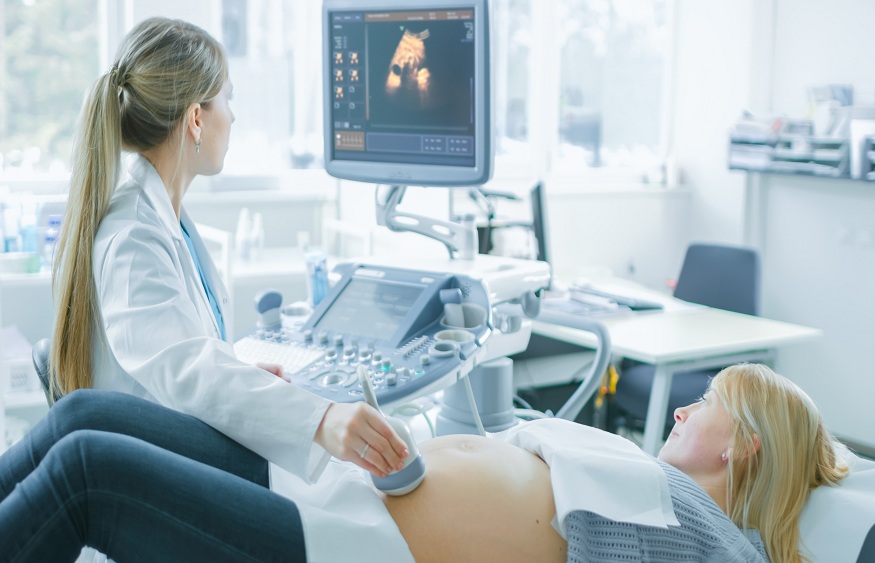Las Vegas ultrasounds are an essential part of prenatal care that OB/GYNs provide to expectant mothers. However, their responsibilities go beyond just imaging tests. Obstetricians and gynecologists play a crucial role in monitoring the health of both the mother and the developing fetus. They’re responsible for ensuring a safe and healthy pregnancy, guiding mothers through the childbirth process, and providing postpartum care to both the mother and the newborn. In this article, we’ll delve deeper into the role of an OB/GYN in pregnancy and childbirth.
Prenatal Care
One of the most important responsibilities of an OB/GYN is to provide comprehensive prenatal care to expectant mothers. This includes regular checkups, ultrasounds, and blood tests to monitor the health of both the mother and the developing fetus. OB/GYNs also provide guidance on maintaining a healthy diet, exercise routine, and lifestyle habits during pregnancy. They may prescribe prenatal vitamins and medications if necessary and help manage any pregnancy-related complications such as gestational diabetes or high blood pressure.
Childbirth
OB/GYNs are also responsible for guiding expectant mothers through the childbirth process. They monitor labor and delivery and make decisions on interventions such as pain management and assisted delivery methods like forceps or vacuum extraction. In the case of complications, they may perform emergency procedures such as a C-section delivery to ensure the safety of both the mother and the newborn.
Postpartum Care
After the birth of the baby, OB/GYNs provide postpartum care to both the mother and the newborn. They monitor the mother’s recovery from childbirth and provide guidance on breastfeeding and postpartum self-care. They also perform postpartum checkups to ensure that the mother’s body is returning to its pre-pregnancy state. For the newborn, OB/GYNs perform routine checkups, vaccinations, and screenings. They also provide guidance on the newborn’s feeding and sleep schedule.
High-Risk Pregnancies
In some cases, pregnancies may be considered high-risk due to existing health conditions or complications that develop during pregnancy. OB/GYNs play an even more critical role in these cases, closely monitoring the health of both the mother and the developing fetus throughout the pregnancy. They may also work in conjunction with other specialists to ensure the best possible outcome for both the mother and the baby.
Conclusion
In conclusion, OB/GYNs play a vital role in ensuring a safe and healthy pregnancy, guiding mothers through the childbirth process, and providing postpartum care to both the mother and the newborn. Their responsibilities go beyond just imaging tests such as Las Vegas ultrasounds. They provide comprehensive prenatal care, monitor labor and delivery, and offer guidance on postpartum self-care. In high-risk pregnancies, they work closely with other specialists to ensure the best possible outcome. OB/GYNs are an essential part of the pregnancy and childbirth journey, ensuring the safety and well-being of both mother and baby.



